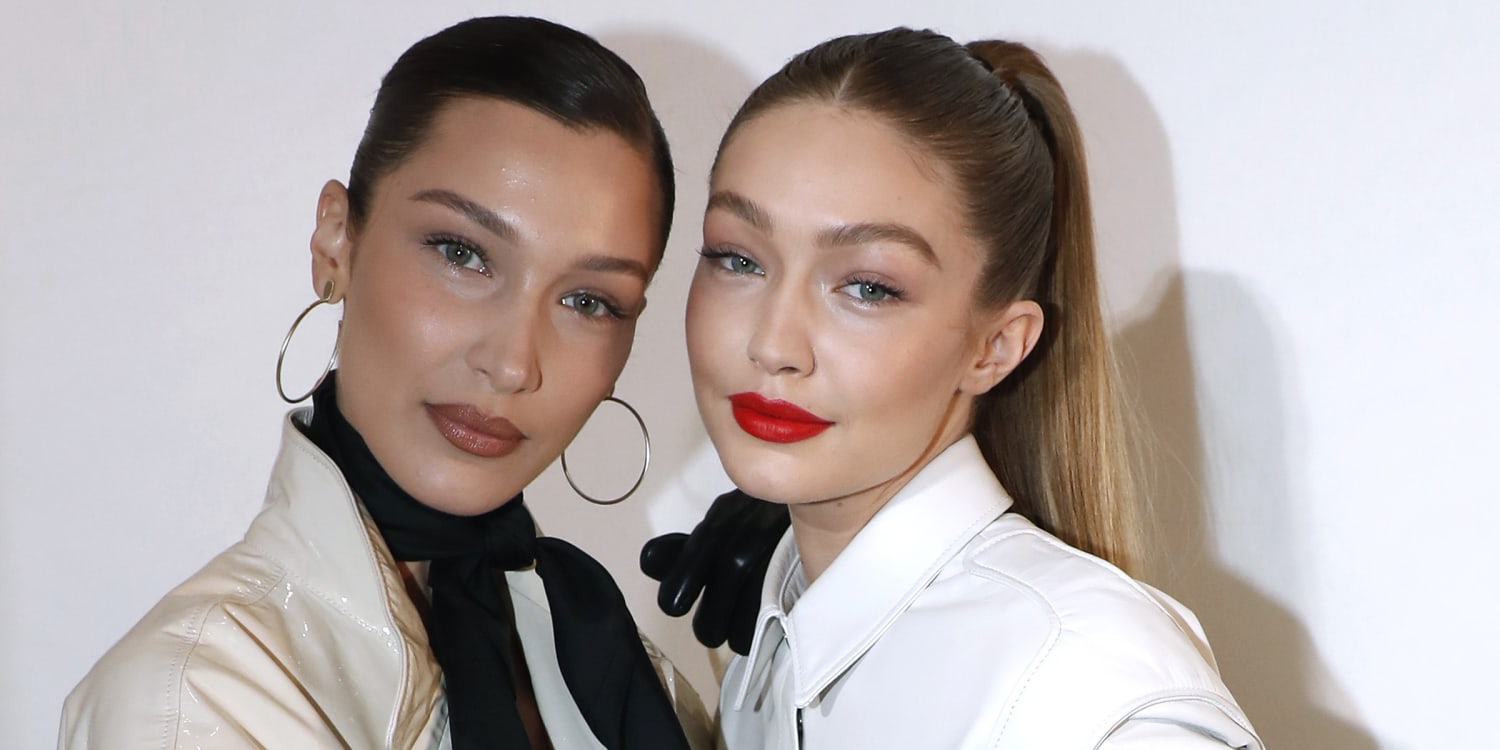Model Gigi Hadid believes she must be capable of put up paparazzi photographs on her Instagram account due to the fact her participation in their pics — from posing to choosing her outfit — invalidates a photographer’s possession claims. In a copyright infringement lawsuit filed in January this year, an organization, Xclusive-Lee, alleges that Hadid certainly posted one of its pix to her Instagram, which it claims violates the agency’s copyright. In a motion to push aside filed in advance this month, as well as a supporting memorandum, Hadid’s prison group asserts that her posting the image constituted fair use because she contributed to the picture inside the form of a smile and her outfit.
The memorandum of support says Hadid didn’t infringe on any copyright “due to the fact Ms. Hadid posed for the digicam and, as a result, herself contributed a few of the factors that the copyright law seeks to shield.” She, the memorandum states, innovatively directed the photo, not the photographer who captured her on the streets of New York City. (The image was because it been deleted from Hadid’s Instagram. However, it suggests Hadid standing on an avenue smiling in a denim outfit.)
The team additionally claims that because Hadid cropped the photo whilst she posted it, she emphasized her “contribution” to the photo using focusing her fans on her pose and smile, no longer the photographer’s composition. Typically, photographers have full copyright after capturing a photo, especially in public, and this lawsuit challenges that long-held assumption.

“The minute I create something, I even have copyrights,” Tim Hwang, legal professional and director of Harvard and MIT’s Ethics and Governance of AI Initiative, explained to The Verge’s Why’d You Push That Button podcast. “I actually have rights over that content material, and so surely something I create, if it’s far taken with the aid of a person else without my permission and copied and shared, I do theoretically have the proper beneath the law to get it taken down, to control it, to guard and constrain that content.”
But, he notes, “truthful use,” manner that human beings can on occasion skirt around copyright, particularly if the character the usage of the photograph has meaningfully altered the photo in a few ways, or if the person posting the image is doing so for a nonprofit entity and isn’t making a living off it.
Hadid’s team claims that she isn’t making a living off her Instagram put up or depriving Xclusive of income. “Ms. Hadid merely reposted the image to her Instagram web page and made no attempt to take advantage of it,” the team writes commercially. “Her reposting, as a result, contemplated a private cause-specific than the photographer’s purpose in taking the picture, which was to exploit Ms. Hadid’s reputation commercially.”
The case could not have the simplest effect on how celebrities treat photos of themselves and paparazzi culture and affect what pix fan bills are allowed to report. Like Kim Kardashian West, some celebrities handiest publish snapshots they very own, specifically so that fanatics can repost the pix without the paparazzi claiming possession of the photos and taking down money owed.
Khloe Kardashian once tweeted that a paparazzi sued her for posting an image of herself, much like the lawsuit delivered towards Hadid. But making the argument that a superstar contributed to the creative technique of a paparazzi-captured photo is a singular one that might essentially alternate how Instagram reposts characteristics and what’s allowed at the platform.
Someone who works in global copyright law will tell you that it’s far specific than maximum other sectors of regulation. It involves knowing the copyright regulation of two or greater international locations. Every united state of America has a personal way of granting and protecting someone’s copyright. The man or woman standards of each united state of America need to be considered when dealing with international copyright regulations.
Some countries do no longer have any intellectual assets rights, and a few countries even supply extra copyright protections than America. International copyright legal guidelines contain knowledge about international treaties and conventions, like the Berne Treaty and the WIPO Copyright Treaty. If you are interested in pursuing a diploma in law, you can need to explore the international copyright law region. With the world turning into one large neighborhood, you’ll likely no longer lack work.








